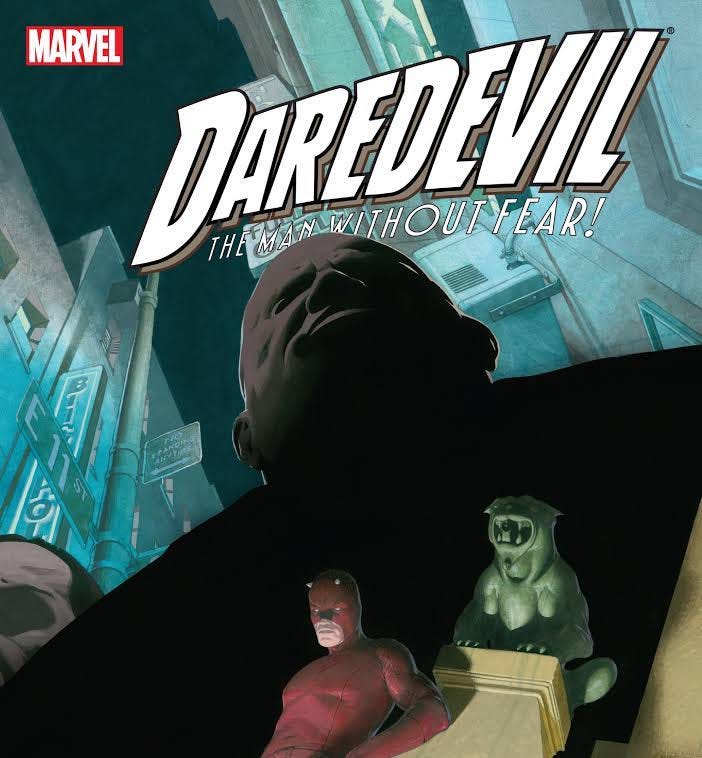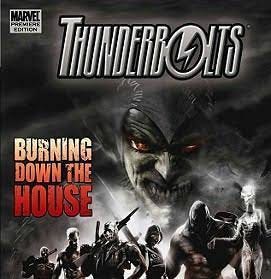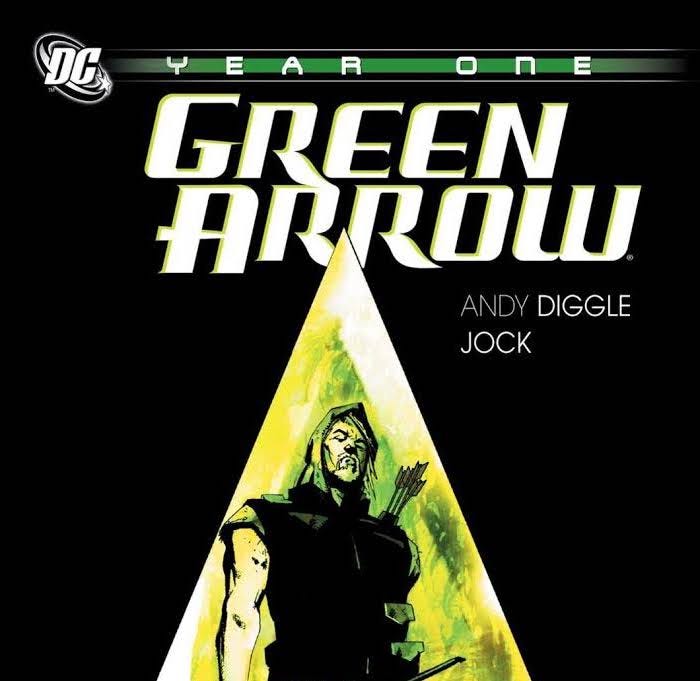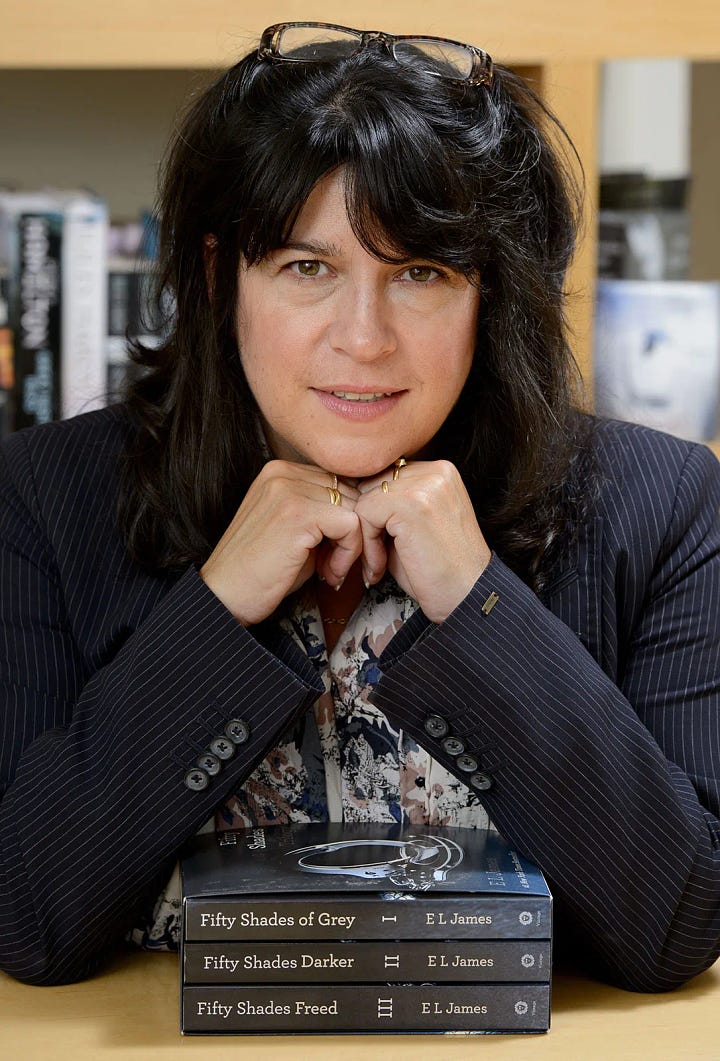Ghostwriting for Fun and Profit
De-stigmatizing the practice that saved me from being a starving artist.
Let me introduce myself…
An author and editor of novellas, novels and other things. Born in Toronto and raised in Yukon, I currently reside on Vancouver Island.
I currently freelance as culture historian, and a ghostwriter. Starting out at a ghostwriting company writing and editing a novella a week in nearly every genre for five years, I’ve made it to the next level of my career. Landing a three-book publishing contract with Extasy Books, the first of which titled Sweet Memories, is slated for release October 20th.
I live in a cabin in the woods with my dog and several squirrels and firmly believe The Smiths would have been better as a trio.
What is Ghostwriting?
Once seen as a slightly shady refuge of the talentless and unprincipled, usually both in the case of political “autobiographies,” ghostwriting need not be limited to the back alleys of literature. Particularly in fiction, where literal facts are neither assumed or expected unlike non-fiction, ghostwriting can be a great way for literary creatives to do what they want and actually get paid.
Way back through the mists of time, comic book writer and editor Andy Diggle did a masterclass hosted by the Thought Bubble festival in which he laid out the realities of his industry. One of the main takeaways was that when it came to working in comics as a writer you basically had two options. You can own it, or you can get paid.




The situation is much the same in prose. An author can either go one of two main ways:
The ‘Spec’ Route
Which sees the creator writing an original work in hopes of selling it to a publishing company and making money through royalties.
On the other side of the spectrum, Ghostwriters…
Who work basically as freelancers (though there are also opportunities for contracts). They are hired by clients to produce a certain work for a certain price, usually either a flat rate or per-word pay, forgoing credit as the creator in exchange for money and stability.
Giving up credit isn’t as bad as it sounds. Often the projects are written based on outlines from the client, and are rarely based on the ghostwriter’s own ideas. In this case the ghostwriter acts more as a facilitator, though still with their creative skill at the core. One must also consider the many authors who write under pen names, from George Sand to E.L. James (Fifty Shades of Grey).


In addition to the pay, ghostwriting can also be pretty fun, especially if you can get a project in a genre you particularly like and can work on variations of your favourite themes. It is even possible, usually in the context of working for a publishing company to employ a ghostwriter under many different pen names to save money on staff. That way you will get the opportunity to plot your own stories based on the company’s established themes before writing them.
My experience…
As the Sci-Fi author Lewis Shiner (Outside the Gates of Eden) said when giving advice to young writers:
“Get yourself a day job you can do part-time, that you don’t hate.”
This was advice I took when I started looking for ghostwriting work after years as a fairly successful journalist and mostly failing author. The rejections slips I received—while plentiful enough to paper a wall—were oddly encouraging in their “no.” Often going into some detail about how much they liked the story and asking that I send something else that fit their current publishing schedule.
Starting in the trenches at a flat $75 per 15k word story, written contract to contract, my experience and confidence built to the point I was hired by a ghostwriting agency whose business it was to match authors with clients. Starting out working from outlines I was given by the agency, they soon asked if I just wanted to do my own. Eventually they started paying me for that too, with the books that came out actually starting to feel like mine—at least in terms of the work put in and the style used. With my creative finger-prints all over the projects, it began to feel more like a pen name situation.
The position at the agency led to other opportunities after they sadly folded during COVID. Giving me a glowing reference letter, if not a usable portfolio, adding editing to my list of skills before it was over. That let me work regularly in fiction until this year, when I suddenly got the formula just right and had not one but three of my original spec books accepted by an independent publisher in Vancouver.
What to Look For:
Veering from amateur to corporate, a ghostwriting agreement can take many forms. Sometimes they’re between an individual client and a writer or, as mentioned, in a contract situation, between a writer and a company. Generally, in terms of variety of topics, creative freedom and steady pay, the latter is the best option if it can be found.
Pay for a particular project can vary depending on budget and length but novels written for a private client tend to range between $300-$500. You can expect to be paid between 0.02 and 0.03 cents per word on most company contracts.
Because of its advantages, ghostwriting can be an incredibly competitive field and has its fair share of scammers. The best way to find work that you’ll like and actually get paid for is to look first for companies, particularly those with a history and reputation. Things that can be found with a google search and on established job sites like Freelancer and Indeed are usually best.
Many of these will have filters in place to help weed out scammers, and often show ratings for posters to help gauge who is trustworthy. Another way to tell if a project is real, either with a private client or a company is if they offer/require a contract. Open-ended ones are particularly good because they can keep you working for years while keeping the client honest about the terms. If you’re not sure, ask about a contract and if the potential client seems shifty they are probably a scammer.
One of the better jobs going for the fiction writing inclined, ghostwriting if done right, can be a good alternative to the starving artist cliche and the nine to five grind.

T.S. McNeil is B.Y.E.’s second ever contributor. Four more have agreed to contribute since he has! Explore more of his work on our Contributor Profiles page.
This is a publication that prides itself on celebrating the creative community and its unique perspectives on what it’s like to be creative.
All creatives, no matter their practiced medium, share universal experiences and face similar challenges. By encouraging authenticity, we hope to unify creative people across different mediums and create a sort of kinship and sense of community.
We wish to give creative people, like yourself, the opportunity to express themselves, be heard, and for their experience living the artist’s life to be a little less solitary.
Do you have a story to tell? Consider pitching to us! Email byteyourexpression@gmail.com with “Pitch” as the subject heading.
You would be given complete creative freedom (written, or audio/visual). As long as you have a focus on providing:
inspiration
education
motivation
comfort
(or anything in between)
For the creative community, it’s fair game!
We are thrilled to have you here and hope to see you again soon.





Loved the insight this post offered on the practice of ghostwriting!